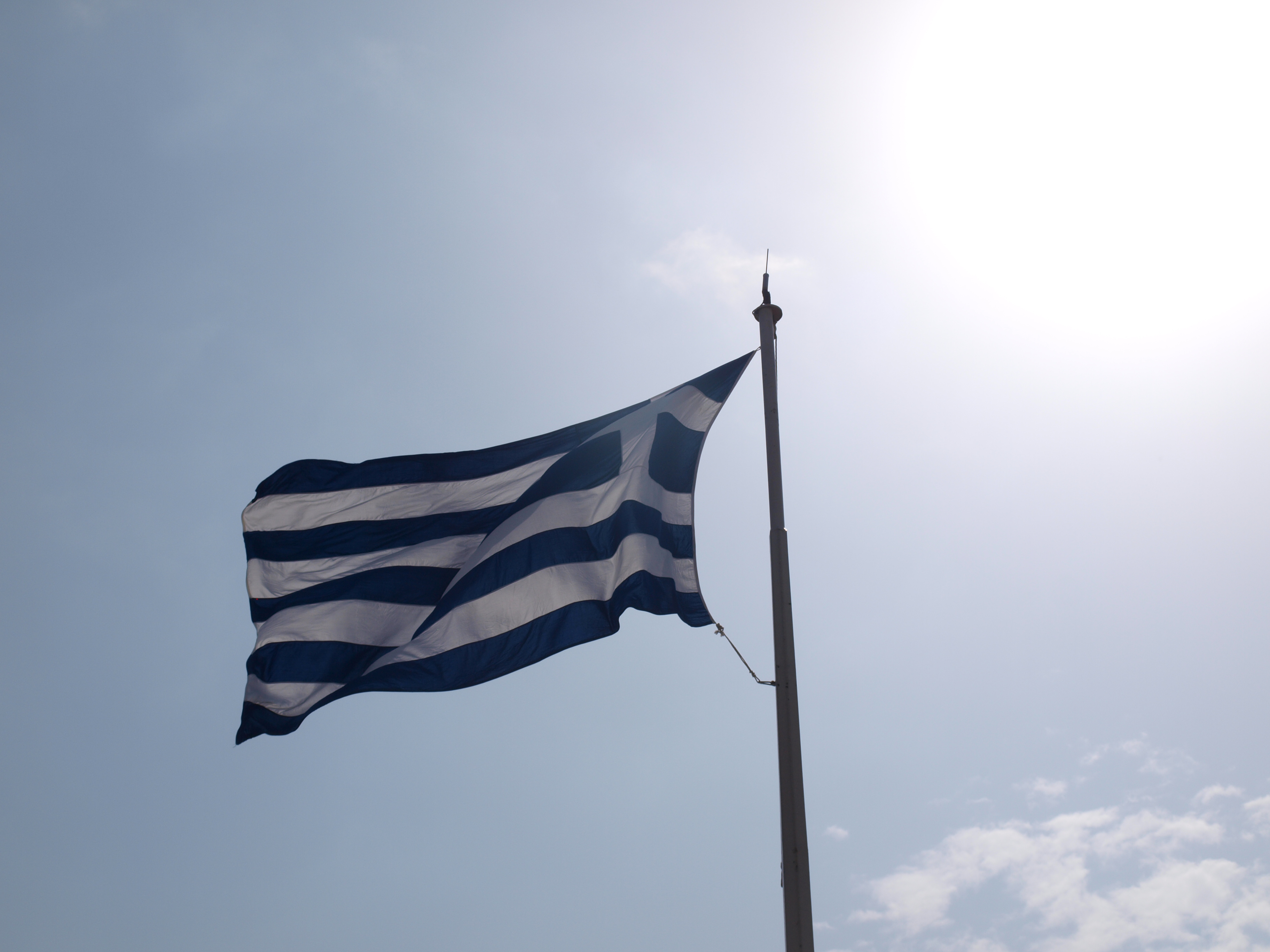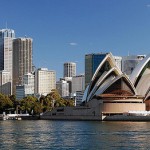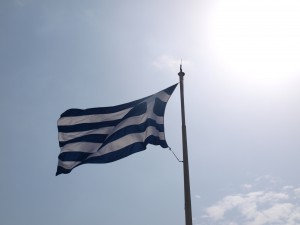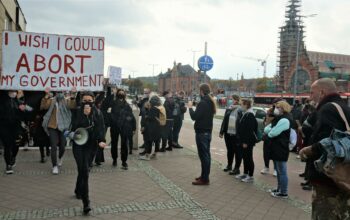I have a special bond with Greece. I was only six months old, when I first set foot onto Crete, the beautiful Greek island my aunt decided to live on. I have since then been back almost every summer and every time I do not visit Greece I dearly miss the beautiful white houses with blue roofs and the amazing countryside of rough mountains and white beaches.
Obviously due to having very fond memories and family in Greece, the financial crisis that shook the country so deeply was especially interesting to me. Being German I was honestly shocked by the deeply negative and often racist reporting on the events in Greece. Stereotypes of lazy Southern Europeans were reproduced, the situation of normal people was often completely ignored and most mainstream media painted a black and white picture of the crisis, marking Germany as the honourable donor and Greece as the unappreciative child, that just could not behave.
Talking with both my aunt and friends we have in Greece, I had a different picture of the crisis, with a population deeply affected by the harsh economy measures. Now after the election of the new government I had the chance to talk to my aunt again and share an inside view of the situation in Greece.
How long have you been living in Greece?
I moved to Crete in 1991.
How has the daily life changed due to the financial crisis?
Especially the extremely low wages have changed our lives drastically. In the private sector wages went from formerly 750 Euros to around 540. My husband, who works fulltime on an airport, earns around 740 Euros, including extra pay for working Sundays and nightshifts. He often works overtime, most people here can only dream of having a 40-hour week, especially during the touristic season (May to September). Working conditions are extremely hard and often wages are not even payed, but no one dares to speak up, since unemployment is so high and you are in constant fear of loosing your job. It really is sink or swim, there are so many other people waiting to take any job they can get. Especially for young people there are no jobs, no perspective.
How are the economy measures visible in the daily life?
Basically all welfare measures have been cut off. There are no unemployment benefits, seasonal workers which is almost everyone on the Greek islands, get about 360 Euros for three months and that’s it. Even health funds have been almost cut of completely and medicine has gotten extremely expensive due to that. Some prices have doubled, we used to pay 30 Euros for my husband´s medicine, now we pay between 50 and 70 Euros every month, 10 percent of his wage during the summer.
What are your hopes for the new government?
We hope to get back to the old standard and living conditions. Our hope is that Alexis Tsipras as a young, credible politician and his combatants who has nothing to do with the old government can finally introduce a new start. He has promised to target tax evaders and to give us back a life in dignity.
Greece once again did not manage to fulfil tax goals. Is the population not willing to pay taxes?
I think the main problem is in retail. With such low wages people just cannot shop for pleasure, many shops closed and thus no tax money from sales. Additionally to that with so many people unemployed not enough people pay their tax on wages or pay into health and retirement insurance. Everyone who works pays their taxes immediately, but they are just so few. Also I am beyond disappointed from major enterprises. There is no solidarity from the rich families. Tax fraud and corruption exists everywhere, being a freelancer both here and in Germany I am very aware of that, but not in this scale.
Demonstrations and protests mainly show dissatisfaction with the European Union and often Germany, why is this anger only seldom openly directed towards problems within Greece?
I am proud of the Greeks, who have accepted their fate without huge violent riots. There was huge election participation, which shows that the Greek population wants to change something and to take a stand point.
Sadly biased media coverage and obviously the stupidity of some people both in Germany and Greece ends up just shifting the blame back and forth. It’s a fact that we are in a worldwide financial crisis and that we need to rethink the model we set up for Europe. There should be the same duties, but also rights for everyone living in the European Union, or we do not need this Union at all.
What do you think are realistic steps out of the crisis, that are also bearable for the Greek public?
We need to invest in our social system; there is no way around that to get out of this crisis. We need higher wages and better welfare to get the consumption up
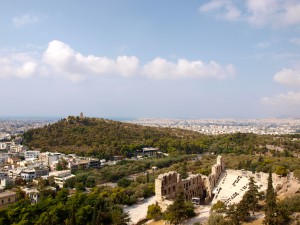 again. We also need to raise taxes on the few who earn a lot and finally use our own resources such as oil and gas and sell them.
again. We also need to raise taxes on the few who earn a lot and finally use our own resources such as oil and gas and sell them.
Is leaving the Eurozone a realistic alternative for Greece?
For me it is not an alternative, but sadly it is not impossible. The population just needs to be aware of the harsh consequences. I personally think the Norther European countries should share their knowledge on the taxation sector with the Southern European Countries. We do not need finger-wagging or lectures, but mutual respect and cooperation to finally change our crooked system.
By Céline Sonnenberg
Image credit:
Picture 1 & 2: Céline Sonnenberg
